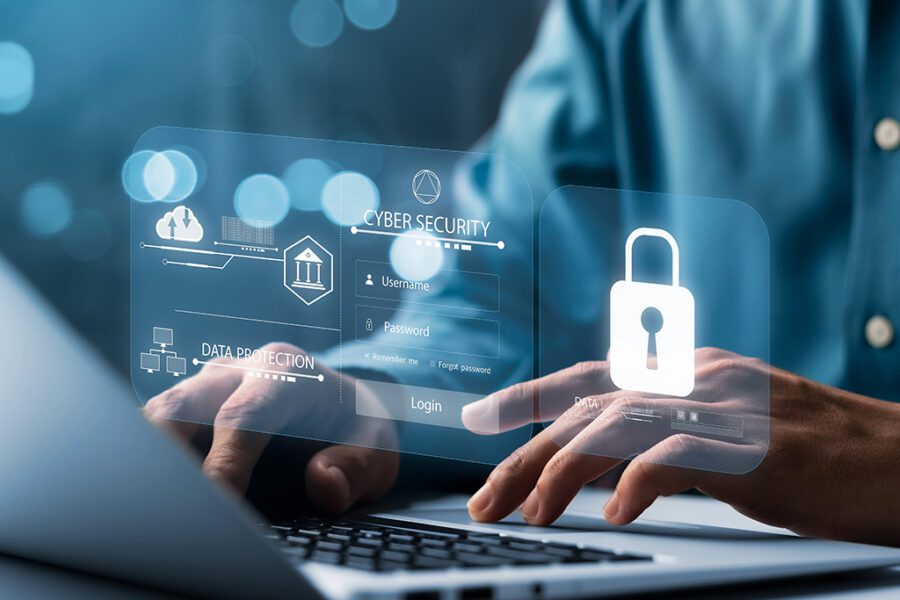
When it comes to protecting your computer, you can do a few basic things. First, create separate user accounts for work and personal data. Make sure to back up your data and use a firewall. Also, make sure to encrypt it.
You should make sure to back up any important documents or photos you may have stored on your computer if you need to send your computer to a PC repair service. Finally, you can download this article as a PDF to review it later.
Create separate user accounts for personal and work-related data
Having separate user accounts for your personal and work-related computer data is a good idea whether you share a PC with a spouse, child, or guest. Separate user accounts will make it easier for you to share files and settings with others while protecting your work from being affected by someone else’s activities.
In Windows, you’ll probably have only one administrator account, so you’ll need to remember its password. Other users will have their standard user accounts, and their files and preferences won’t be affected by the changes.
Microsoft’s OneDrive to store
For instance, if you use Microsoft’s OneDrive to store files on your computer, you’ll want to keep the personal account separate from the business account. When you set up your personal account, you’ll be prompted to sync files from your work computer with the personal one.
If you sync files on work and personal computers, sensitive information could get into the wrong hands. By creating separate user accounts, you can avoid this scenario.
Encrypt your data
One basic step you can take to protect your computer data is to encrypt your files. Most modern computers have this built-in process. This feature can be turned on or off and is very easy to use. Encryption protects your information, so you must take advantage of it.
Here are a few tips to help you protect your computer data. Keep in mind: backup your files regularly. Make an image backup of your disk, and have a boot disk and operating system installation media. Whenever you use encryption on your computer, it is important to back it up often, especially after enabling it.
Encrypted Disk
An encrypted disk can crash and you could lose all of your important data, so it’s critical that you back it up regularly.
Back up your data
Back up your computer data with various methods, including onsite, offsite, and zip drives. Depending on the amount of data you want to protect, you should use different media. All great choices are floppy disks, tapes, removable hard drives, flash drives, portable USB hard drives, and rewritable CDROMs. If you’re not sure which one is right for you, consider all of them.
When you back up your data, you’re backing up your personal information. Then, you can restore the data in a case where your entire computer is lost. These backups should be secure. Any type of backup should be protected against threats. Decide how often you’d like to back up your data, and choose a method that works best for you. You can always restore from your backups and install the new system in case of data loss.
Use a firewall
A firewall is an excellent way to keep your computer data safe from hackers. These devices can be either standalone or combination of hardware and software. Some firewalls include antivirus protection as well. \
Firewalls help prevent hackers from accessing your network by preventing unauthorized users from connecting. Additionally, they allow you to block certain websites, which is a great way to keep your employees from visiting inappropriate sites and downloading malicious code.
Step to Securing
The first step to securing your computer is to install a firewall. You should always have a firewall on your computer, even if you do not use it regularly. A firewall is an important security measure and should be installed on every computer connected to the internet. Without a firewall, strangers can access your computer and personal data. Once they have access to your computer, they can view, modify, or delete your data.
Create a strong password
Creating a strong password for every account is critical to your security when you’re using the internet.
If your password is weak, you leave yourself open to attack by hackers and identity thieves who may have obtained access to your other accounts.
It may be easier to remember your passwords, but that won’t protect you from multiple breaches. If your passwords are weak, you should change them immediately to protect your computer data.
When creating a password for a particular account, avoid using your name or other personal information. These pieces of information are often publicly available and make it easier for thieves to guess your password.
Instead, choose a strong password that’s at least 12 characters long, or more. You may also consider creating passphrases, which are a combination of upper and lower-case letters. Using dictionary words is particularly vulnerable to being guessed.
